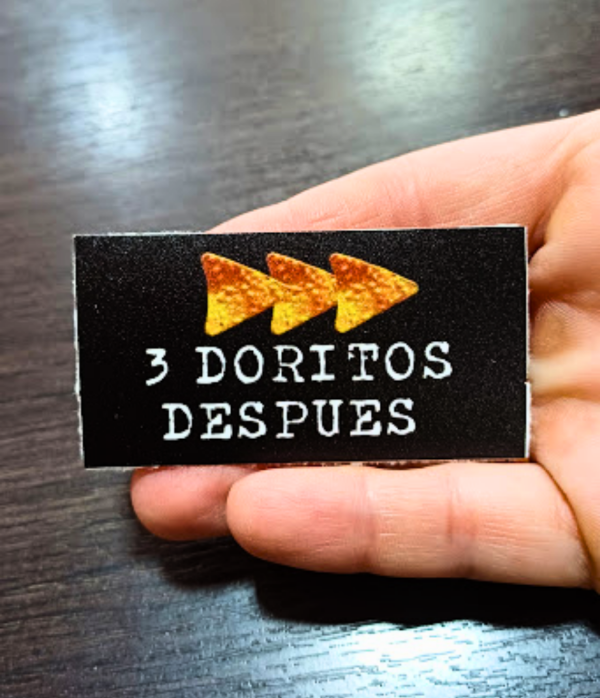Everyday phrases that don’t translate directly
Spanish is full of expressions that confuse students because the literal meaning does not match the actual usage. Some of them are playful, others are pejorative (so they are better learned than repeated), and a few are just Mexican. Here is a batch of ten more examples.
| Spanish expression | Literal translation | Colloquial English equivalent / Meaning |
|---|---|---|
| puñal (pejorative) | dagger | Mexico. Slur for a gay man, offensive and not recommended to use. Euphemism of Put*. |
| Ya no da para tanto | it doesn’t give much anymore | it doesn’t stretch that far anymore. It no longer goes that far. Meaning, it’s about to break. It’s about to fail. Examples: a car, a computer, a cell phone, our salary, some piece of clothing, shoes. |
| se te va a la yugular, directo a la yugular | goes for your jugular | attacks you fiercely, verbally or even physically, straight for the jugular |
| Alcoholímetro | alcohol meter | breathalyzer, DUI checkpoint |
| huevón (pejorative but also joking) | big egg person | lazy person / slacker (sometimes used jokingly among friends) |
| mandilón (pejorative) | apron-wearer | a man who is “whipped” or dominated by his wife/partner. Henpecked. El mandil = apron. |
| tener mala letra | to have bad letter | to write in an illegible way. To have bad handwriting. |
| patas de araña | spider legs | Mexico. Messy handwriting that looks like scribbles |
| no le llega ni a los talones | doesn’t even reach his heels | not even close in talent or ability |
| tres doritos después. 3 Doritos después. | three Doritos later | very quickly after / meme phrase meaning “soon after”, “a few moments later” meme. |
Expressions like these are fun or important to learn because they show how colorful and creative Spanish can be. But at the same time, it’s important to understand which ones are offensive or only used in joking contexts. For example, puñal (extremely rude), huevón, or mandilón can be inappropriate. Others, like tres doritos después, are playful and internet-driven, showing how Spanish keeps changing with culture.
The trick is not to translate word for word but to understand how these expressions function in everyday conversation. That way, you don’t get stuck trying to figure out why something about “heels” or “spider legs” suddenly appears in the middle of a telenovela dialogue.
Italians also have the jugular expression, so it might be an international expression.





